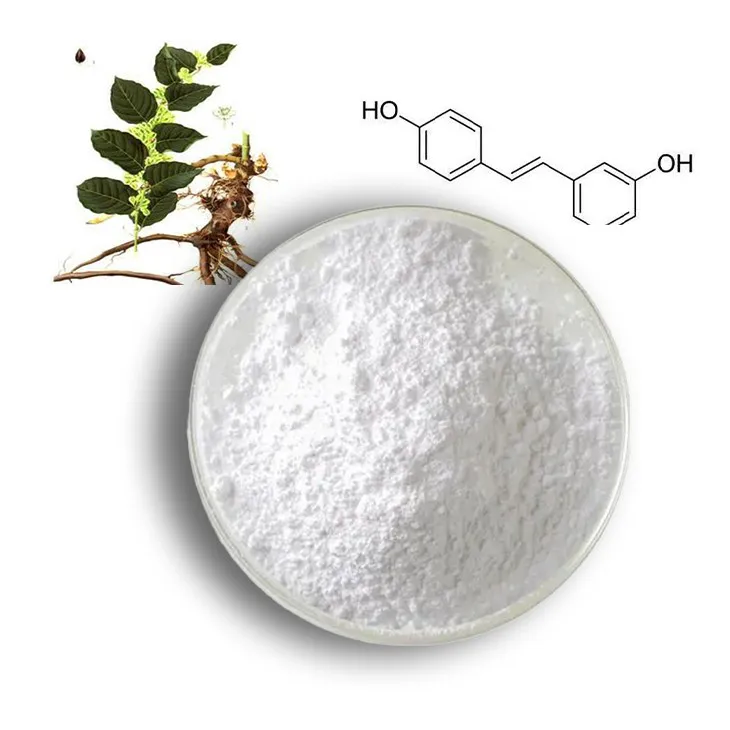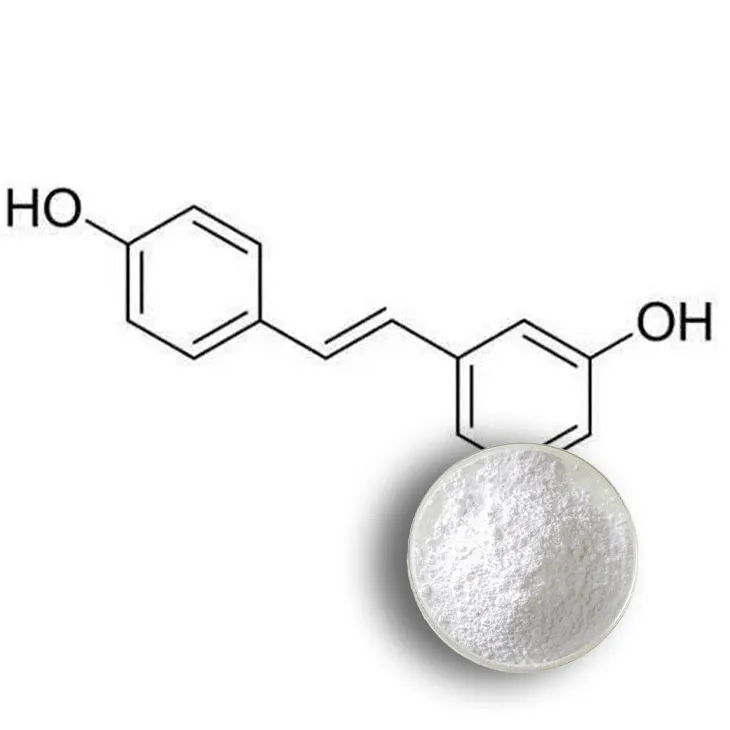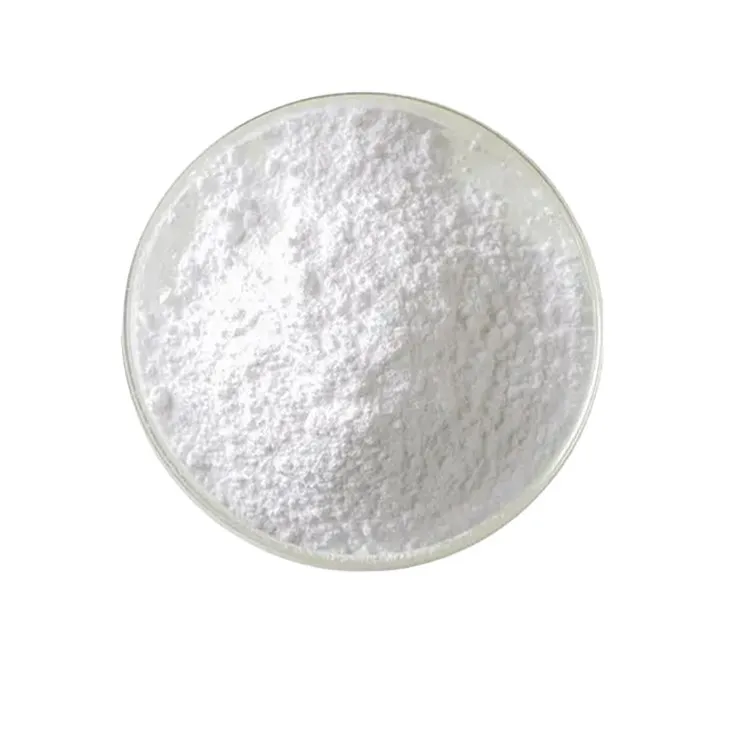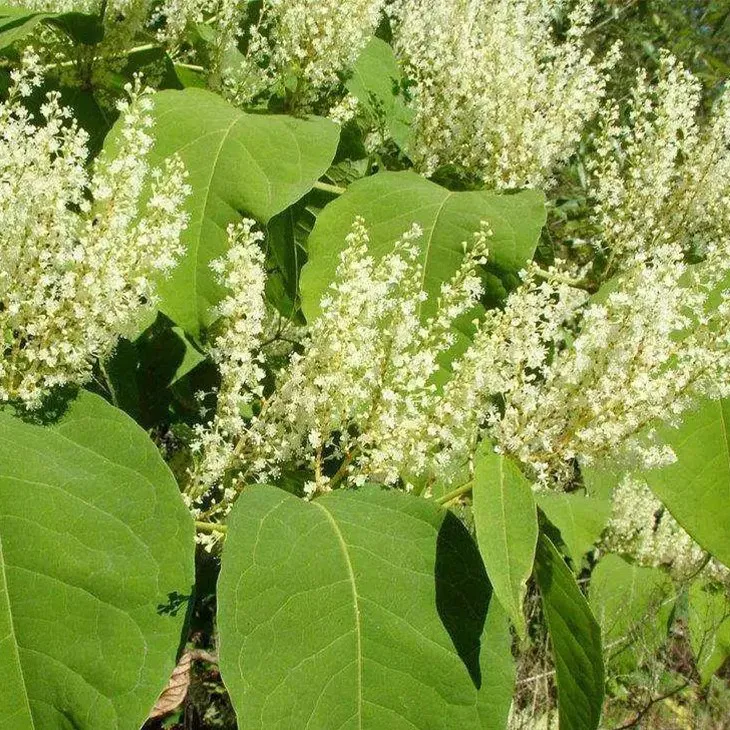- 0086-571-85302990
- sales@greenskybio.com
Which Resveratrol Extract Should You Use?
2024-12-10

1. Introduction
Resveratrol, a natural compound found in various plants such as grapes, berries, and peanuts, has been the focus of much scientific research in recent years. It is believed to offer a wide range of health benefits, including antioxidant, anti - inflammatory, and anti - aging properties. However, with the increasing popularity of resveratrol supplements, the market has become flooded with different types of Resveratrol extracts. This makes it crucial for consumers to understand which extract is most suitable for their needs.

2. Bioavailability: A Key Factor
Bioavailability refers to the proportion of a drug or other substance that enters the circulation when introduced into the body and so is able to have an active effect. When it comes to Resveratrol extracts, bioavailability is a key consideration.
2.1 Liposomal Resveratrol
Liposomal resveratrol is an example of an extract with enhanced bioavailability. Liposomes are small vesicles made up of a lipid bilayer, similar to the cell membrane. When resveratrol is encapsulated within liposomes, it is better protected from degradation in the digestive system. This allows for a higher percentage of the resveratrol to be absorbed into the bloodstream and ultimately reach the cells where it can exert its beneficial effects.
Studies have shown that compared to regular Resveratrol extracts, liposomal resveratrol can have a significantly higher bioavailability. For example, in some in - vitro and in - vivo experiments, liposomal resveratrol was able to achieve much higher plasma concentrations of resveratrol compared to non - liposomal forms.
2.2 Other Formulations for Improved Bioavailability
Besides liposomal resveratrol, there are other formulations that aim to improve bioavailability. Some manufacturers use nanoparticle technology to encapsulate resveratrol. Nanoparticles are even smaller than liposomes and can potentially enhance the solubility and absorption of resveratrol.
Another approach is to combine resveratrol with other substances that can improve its absorption. For instance, some extracts are combined with piperine, a compound found in black pepper. Piperine has been shown to enhance the bioavailability of certain drugs and nutrients by inhibiting the enzymes in the gut that are responsible for metabolizing them.

3. Price - Quality Ratio: Finding the Balance
When choosing a resveratrol extract, it is important not to be swayed solely by the price tag. Just because an extract is expensive does not necessarily mean it is of the highest quality or most effective.
3.1 Evaluating the Quality
One way to assess the quality of a resveratrol extract is to look at the source of the resveratrol. Resveratrol can be derived from different plants, and the quality may vary depending on the source. For example, resveratrol from grapes may have different properties compared to resveratrol from peanuts.
Another aspect to consider is the extraction method. High - quality extracts are often obtained using advanced extraction techniques that can preserve the integrity of the resveratrol molecule. Look for information on whether the extract is purified and standardized. A purified and standardized extract is more likely to contain a consistent amount of resveratrol and be free from contaminants.
3.2 Considering the Price
While it is tempting to go for the cheapest option, it is important to be cautious. Some very inexpensive resveratrol extracts may be of low quality or may not contain the amount of resveratrol claimed on the label.
On the other hand, some high - end extracts may be priced exorbitantly without offering proportionally greater benefits. Look for products that offer a good balance between price and quality. One way to do this is to read reviews from other consumers who have used the product. Additionally, look for scientific studies that have evaluated the effectiveness of the extract.

4. Intended Use: Tailoring Your Choice
The intended use of resveratrol can also play a significant role in determining which extract to choose.
4.1 Anti - Aging Benefits
If you are using resveratrol for anti - aging purposes, you may want to focus on extracts with high antioxidant levels. Resveratrol is known for its antioxidant properties, which can help to neutralize free radicals in the body. Free radicals are unstable molecules that can cause damage to cells, leading to premature aging.
Some resveratrol extracts are specifically formulated to have enhanced antioxidant activity. These may contain additional antioxidants or be processed in a way that maximizes the antioxidant potential of the resveratrol. For example, extracts that are rich in polyphenols in addition to resveratrol may offer greater antioxidant protection.
4.2 Joint Health
For those interested in using resveratrol for joint health, extracts with anti - inflammatory properties are more relevant. Resveratrol has been shown to have anti - inflammatory effects in several studies.
Some resveratrol extracts may be combined with other natural anti - inflammatory ingredients such as Curcumin or boswellia. These combinations can potentially enhance the anti - inflammatory effects and be more beneficial for joint health. Additionally, extracts that are targeted towards joint health may be formulated in a way that allows for better absorption in the joints, such as through the use of specific carriers or delivery systems.
4.3 Other Health Benefits
Resveratrol has also been studied for its potential benefits in other areas such as heart health, brain health, and cancer prevention. If you are using resveratrol for heart health, for example, you may want to look for extracts that have been shown to have positive effects on cholesterol levels or blood pressure.
For brain health, extracts that can cross the blood - brain barrier and have neuroprotective effects may be more desirable. And for cancer prevention, extracts with high anti - proliferative activity may be of interest. However, it is important to note that while resveratrol shows promise in these areas, more research is needed to fully understand its mechanisms and effectiveness.

5. Conclusion
In conclusion, choosing the right resveratrol extract requires careful consideration of several factors. Bioavailability is an important aspect to ensure that the resveratrol can reach the cells and have its intended effects. The price - quality ratio should also be taken into account to avoid overpaying for a product that may not be of high quality or being misled by a very cheap but ineffective product.
Finally, the intended use of resveratrol can help to narrow down the choices. By doing your research, reading reviews, and consulting scientific studies, you can make an informed decision and select the resveratrol extract that is most suitable for your individual needs.
FAQ:
Q1: What is the significance of bioavailability in white resveratrol extract?
Bioavailability is crucial as it determines how much of the resveratrol can be absorbed by the body. Higher bioavailability, like in liposomal resveratrol, means more of the active compound can reach the cells. This is important because only when it reaches the cells can it exert its beneficial effects such as antioxidant or anti - inflammatory actions.
Q2: How can I determine the price - quality ratio of white resveratrol extract?
To determine the price - quality ratio, don't simply rely on the price tag. Expensive doesn't always mean high - quality. Look for reviews from other users who have used the product. Also, scientific studies can be a great help. They can provide information about the effectiveness and quality of the extract, which helps in gauging whether the price is justified for the benefits it offers.
Q3: Can the same white resveratrol extract be used for both anti - aging and joint health?
While resveratrol has multiple beneficial properties, extracts may be more focused on certain aspects. For anti - aging, antioxidant - rich extracts are preferred, and for joint health, those with anti - inflammatory properties are more relevant. However, some extracts may have both antioxidant and anti - inflammatory properties, so in theory, they could be beneficial for both, but it's best to choose based on your primary need.
Q4: Are there any side effects of different white resveratrol extracts?
Most white resveratrol extracts are generally considered safe for consumption in appropriate doses. However, some people may experience mild side effects such as digestive issues like diarrhea or stomach discomfort. High - dose or long - term use may also have some potential but less - studied effects. It's always advisable to consult a healthcare professional before starting any new supplement, especially if you have pre - existing health conditions.
Q5: How can I ensure the quality of white resveratrol extract?
To ensure the quality of white resveratrol extract, look for products from reputable manufacturers. Check if they follow good manufacturing practices. Also, look for third - party testing or certifications. Scientific studies on the specific extract can also give an indication of its quality and effectiveness. Additionally, reviews from other consumers can provide insights into the real - world performance of the product.
Related literature
- Resveratrol: A Review of Its Anti - Aging and Anti - Inflammatory Properties"
- "Bioavailability of Resveratrol and Its Role in Health"
- "Evaluating the Quality and Efficacy of Resveratrol Extracts"
- ▶ Hesperidin
- ▶ Citrus Bioflavonoids
- ▶ Plant Extract
- ▶ lycopene
- ▶ Diosmin
- ▶ Grape seed extract
- ▶ Sea buckthorn Juice Powder
- ▶ Fruit Juice Powder
- ▶ Hops Extract
- ▶ Artichoke Extract
- ▶ Mushroom extract
- ▶ Astaxanthin
- ▶ Green Tea Extract
- ▶ Curcumin
- ▶ Horse Chestnut Extract
- ▶ Other Product
- ▶ Boswellia Serrata Extract
- ▶ Resveratrol
- ▶ Marigold Extract
- ▶ Grape Leaf Extract
- ▶ New Product
- ▶ Aminolevulinic acid
- ▶ Cranberry Extract
- ▶ Red Yeast Rice
- ▶ Red Wine Extract
-
Phellodendron Extract
2024-12-10
-
Nettle Root Extract
2024-12-10
-
Tamarind extract powder
2024-12-10
-
Pomegranate Extract
2024-12-10
-
Cranberry Extract
2024-12-10
-
Resveratrol extract
2024-12-10
-
Astaxanthin
2024-12-10
-
Alfalfa Meal
2024-12-10
-
Citrus Aurantii Extract
2024-12-10
-
Konjac Powder
2024-12-10




















